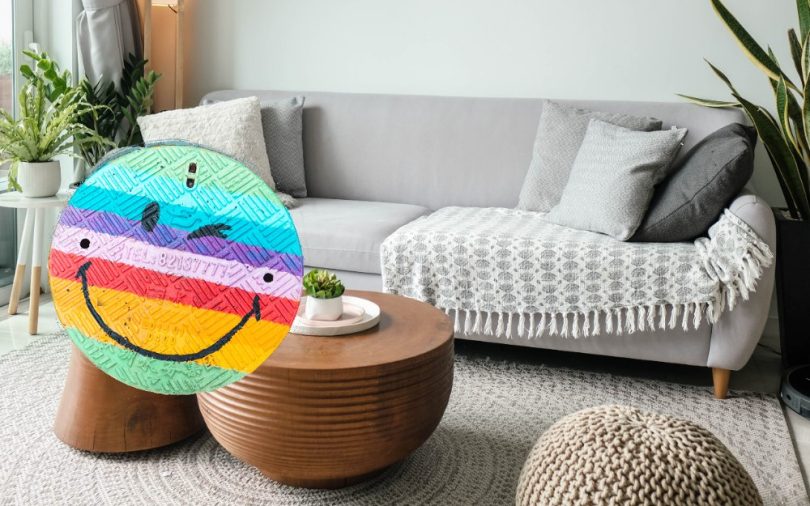Feeling anxious? If you’re like most people, you probably feel that anxiety as a physical sensation. However, if you’ve ever felt anxious, you know that it can be a much more complex feeling. In this post, we describe how you can overcome feelings of anxiety and get more sleep.
There can be a variety of factors that contribute to your feelings of anxiety. A susceptibility to anxiety is frequently encoded in one’s DNA, according to research. Medicine and therapy can be of assistance. Recent research has revealed that sleep deprivation has a deleterious impact on the ability to absorb emotions.
Having the ability to regulate your emotions in a healthy manner is vitally necessary for preventing anxiety attacks. For those who suffer from chronic insomnia, getting more sleep may be able to alleviate their symptoms. Look at how sleep can affect your physical and emotional well-being in this post. After that, I’ll give you some suggestions on how to enhance your chances of regaining a regular sleep routine in the future.
When you are in danger, your amygdala is the part of your brain that is responsible for safeguarding you from harm. Prefrontal cortex receives information about perceived threats and determines whether or not to engage in either flight or fight. Generally speaking, these two parts of the brain communicate fairly well with one another.
In times of stress, such as those brought on by sleep deprivation, their signals might become muddled and confuse the person experiencing the suffering. When this happens, the emotional centers of the brain take over, which results in difficulties with attention as well as greater aggravation, slower reflexes, and elevated anxiety levels.
You’ve probably heard of rapid eye movement (REM) sleep. While going through these cycles, the areas of the brain that are responsible for learning are being used. Three to five REM cycles are typical, and science has proven that more REM cycles are beneficial for improving mood.
If you aren’t sleeping, you aren’t going to be able to get into these vitally important REM stages. Not only is the amount of sleep you get crucial, but so is the quality of your sleep. That characteristic is also necessary for maintaining good mental health.
If you are experiencing these difficulties, there are several practices you may adopt that can help you sleep better and have less insomnia. Exercise should be avoided before bedtime because it can stimulate you. Instead, schedule a five- or six-hour window beforehand.
Exercise sessions lasting 20 to 30 minutes per day can be beneficial. Additionally, the timing of your meals can help to a more restful night’s sleep. Try not to eat anything three hours before going to bed. Make sure to eat small meals and snacks throughout the day to avoid experiencing extreme hunger sensations or experiencing a surge in blood sugar.
When it is time to sleep, these behaviors should assist you in falling asleep more easily. Caffeine and alcohol can interfere with your ability to sleep, so avoid them if at all possible.
Create a relaxing environment by arranging your furniture and decorations. Make your bedroom a haven for rest and relaxation at night. Light candles to create a peaceful atmosphere, listen to gentle music, and diffuse a perfume such as lavender, which is known for its calming characteristics.
As a precaution, turn off all electronics around a half hour before bedtime to ensure that your routine before sleep isn’t stimulating. If you find yourself unable to sleep after lying down, get up and read or drink some herbal tea. Tossing and turning only adds to one’s level of uneasiness.
A peaceful night’s sleep is always beneficial to the body, the mind, and the spirit. Consider trying some of these recommendations if you’re suffering from high levels of anxiety. Improved sleep is unquestionably beneficial.
Discover The Hidden Power of Your Thoughts. FREE Guide:
Receive self-improvement updates, start with this free guide today:
YES! I Want a Copy







